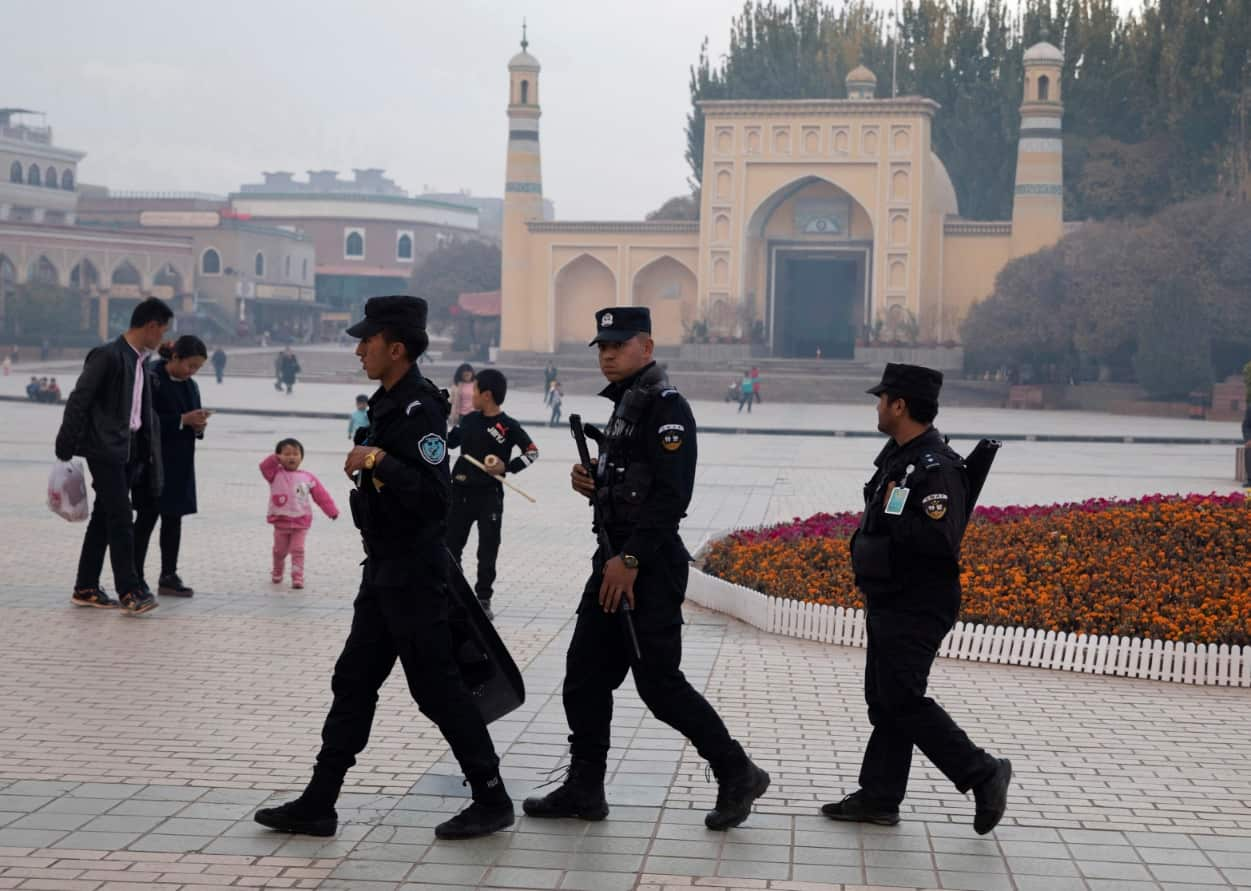The top United Nations human rights official Michelle Bachelet said on Wednesday that her office is seeking access to China's Xinjiang region to verify "worrying reports" of re-education camps holding Uighurs and other Muslim minorities.
China rejects criticism of its actions in Xinjiang, saying that it protects the religion and culture of minorities, and that its security measures are needed to combat the influence of "extremist" groups that incite violence there.

"We have been asking for direct access to the region to be able to check and verify the worrying reports we are receiving," Bachelet told a news conference in Geneva.
The UN request follows the barring of Germany's top human rights official from the region.
Barbel Kofler, who is visiting China for a human rights dialogue between the two countries, said Tuesday she was "shocked by reports of the treatment" of the Uighurs.
"I am deeply concerned about the human rights situation in China. It has become even more serious in recent years," Kofler said in a statement.

Kofler's visit to China began Tuesday, and comes after Beijing cancelled last year's bilateral dialogue, the German Foreign Office said in the statement.
"Unfortunately, my request to travel to Xinjiang in the context of the Dialogue was refused," said Kofler.
China's foreign ministry regularly claims it welcomes visits to the region from foreign journalists and officials.
But foreign journalists travelling to the region are frequently detained and followed by police to prevent and obstruct reporting on the internment camps and treatment of Uighurs.
China's Uighurs have faced unprecedented surveillance in recent years.
Last month a Chinese award-winning photojournalist vanished in the region after he was reportedly detained by security agents, according to his wife.
The Germany-China human rights dialogue will instead be held in Lhasa, the capital of Tibet.
"In view of the critical human rights situation in Tibet, this, too, is an appropriate place for our Dialogue," Kofler said.
"There are numerous reports of excessive controls, punishment of relatives for the crimes of family members, prohibition of normal religious freedom and 'patriotic education' which give me great cause for concern."

